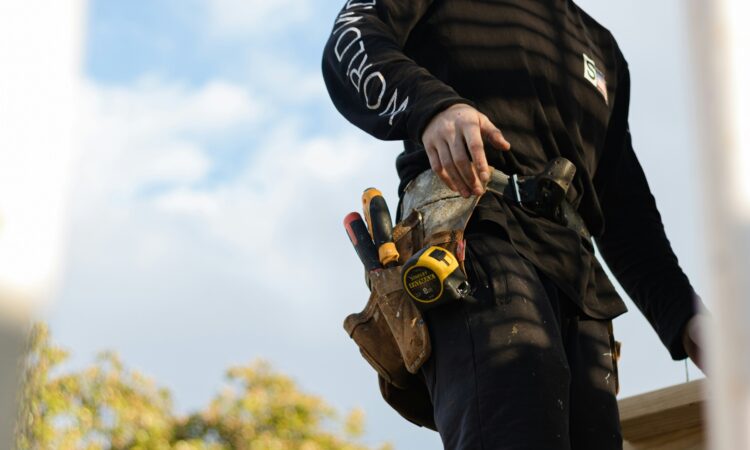
Big Issue’s blueprint for change is also calling for all political leaders to commit to ramping up building social housing to end poverty for good.
Neate said: “Social housing enables people to live better lives, but we just don’t have enough of it – not by a long shot. Decades of failure to build genuinely affordable social homes has left the country in a dire state.
“The housing emergency has been wilfully ignored for too long. All the signs point to one solution and it’s the only one that works. Now that a general election has been called we cannot afford to waste any time. All political parties must commit to building genuinely affordable social homes – we need 90,000 a year over ten years to end the housing emergency for good.”
Shelter found renters in London would be more than £1,400 better off a month on average if they moved into a social home.
Renters would save £630 a month if they did the same in the east of England and would be able to keep £730 extra in their pockets in the South East.
A YouGov survey of more than 2,000 social renters that accompanied the research found 70% of social tenants – equivalent to more than six million people – said they could not afford to live in their local area if they didn’t have a social home.
Natalie, 46, lives in a social home with her 16-year-old daughter Tia in South London after spending almost a year in a homeless hostel when she was evicted from her privately rented flat.
Natalie said: “Having a secure home gives you the feeling that you’re in control of your life and I don’t feel we had that. My route to finding a stable home for myself and my daughter has been very hard and emotional. And even now, several years later it doesn’t always feel real. It’s taken a long time for me to settle in my home and believe this is for me to set up and start my life all over again.”
It’s not just individual tenants who feel the benefit of social housing. A new report from six housing associations and homebuilder Vistry Group found England’s 4.2 million social homes contribute at least £78bn a year to the economy and in savings to public services.
But the loss of 1.4 million social homes since 1979 has cost the country £25bn a year in benefits, according to Jim Clifford, honorary professor at Sheffield Hallam University and head of Sonnet Advisory & Impact, which was commissioned to provide economic analysis.
Professor Clifford said: “Social housing is not just for people struggling to keep their heads above water, coping with health and financial issues. It also brings its stability to those facing employment uncertainty and in-work poverty, and for those in regular employment who manage well, but need that stability to keep doing so.
“The figures in the evaluation are up against those in earlier years as the effects of Covid and the cost of living and fuel crises bite many, and social housing tenants are to some degree cushioned from the worst of that. Social housing, its stability and support, remain a major contributor of value in our local and national economies, and in the lives of real people.”
The analysis found social housing saves the NHS £19bn a year due to improved mental and physical health and fewer GP and A&E visits.
Economists argued social residents are more likely to be employed than households in temporary accommodation and said this saves the Department for Work and Pensions (DWP) at least £2.4bn a year in universal credit claims.
More adults in work also generates an additional £35bn for the UK economy with employees able to benefit from the increased stability of living in social housing.
Helping elderly residents to stay independent for longer and keeping families out of temporary accommodation also saves local councils at least £8bn a year while social housing also saves police and justice at least £9.6bn annually.
The stability of social housing also makes children more likely to attend school, offering a £2.5bn educational boost to the economy while also preventing £218m of personal debt annually.
Researchers based the savings and benefits analysis on more than 220,000 homes provided by The Hyde Group, A2 Dominion, The Guinness Partnership, Metropolitan Thames Valley Housing, Platform Housing Group, and Sovereign Network Group.
Andy Hulme, chief executive of The Hyde Group, said: “Secure, affordable and safe social housing provides people with a stable foundation from which to build a life, build a career and to start and raise a family.
“With a growing demand for social housing, and dwindling supply, this research shows why a clear long-term national plan for social and affordable housing is so important, because the benefits of social housing outweigh the costs.
“Our country desperately needs more social housing, and we need a long-term plan to deliver public funding and to unlock the private investment which will make it happen.”
A recent report from the Levelling Up, Housing and Communities Committee found that the future looked “bleak” for the social housing sector.
But the Big Issue has called on the next government to invest heavily in social housing to end poverty for good. Back our blueprint for change.
Do you have a story to tell or opinions to share about this? We want to hear from you. Get in touch and tell us more.






